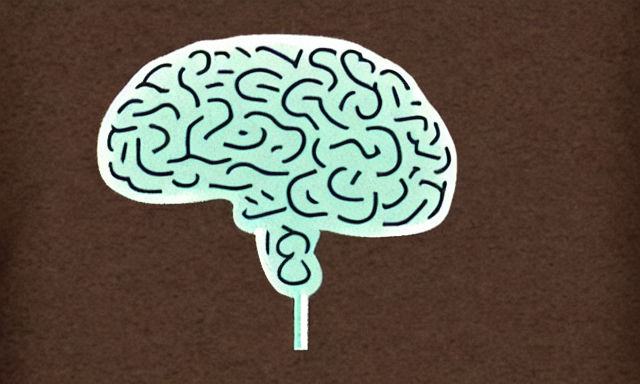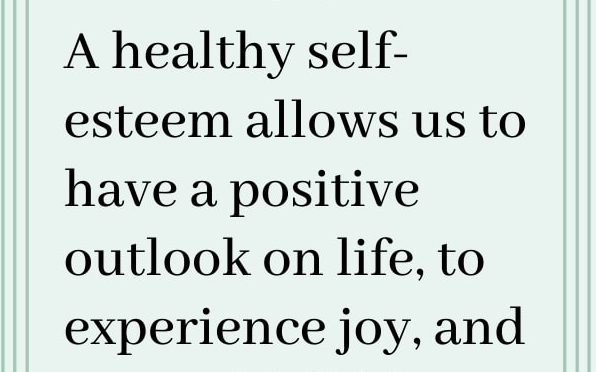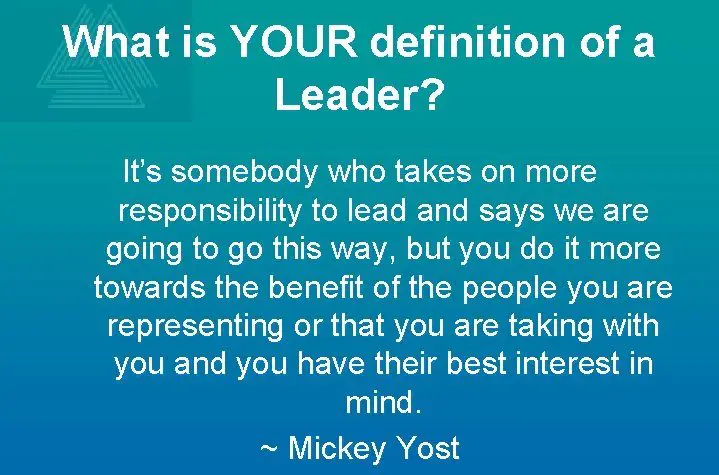What Is the Skill of Critical Thinking?
The ability to reason critically is an important part of critical thinking. People who practice this skill question their assumptions and ideas to get a more complete picture. A person who is skilled in this skill will analyze a problem systematically, following a logical sequence. A good critical thinker will also identify the sources of their own perplexity in messages that they receive, as well as their own beliefs and attitudes. Once they have the correct framework for analyzing a problem, they can begin evaluating them.
When you buy through links on our site, we may earn an affiliate commission. As an Amazon Associate I earn from qualifying purchases..
The process of critical thinking begins with the identification of a problem. Using the information available, a person using critical thinking can decide how to solve the problem. They can also break the issue down into smaller parts, like identifying the cause, size, and consequences of the problem. Then they can assess the credibility of different sources. Finally, they can decide whether or not the source is reliable. The process of critical thought will lead to the formation of ideas and solutions that can improve society.
The process of critical thinking involves the evaluation of various sources of information and drawing conclusions based on that information. Often, the process involves identifying a problem, generating a solution, and evaluating the effectiveness of the plan. In business and other fields, employers are looking for employees who can think critically and come up with practical solutions. The ability to think critically will be highly beneficial in the long run. This will increase your chances of getting a promotion at work.
The process of critical thinking starts with an analysis of a problem. The process is a process of breaking down an issue so that it is more specific. Then, the person uses their skills to think about the problem and what might happen if the problem is not solved. In other words, they examine the problem from all angles to come up with the most appropriate solution. The next step in the process of critical thinking is to analyze the problem and determine its implications.
The process of critical thinking requires a substantive knowledge of a domain. It is not possible to apply critical thinking to any problem without having knowledge of the subject matter. For example, in the case of bubbles, students should know that air cannot penetrate glass. They should also know that hot objects will cool to ambient temperature unless they are heated or kept hot. This is not to say that the process is arbitrary, though.
The processes of critical thinking include several stages. The first stage involves deciding what to believe. The second is deciding how to act. The third stage involves determining what to do. Ultimately, it is all about making decisions. When thinking critically, it is about identifying what you want and how to achieve it. As an individual, you have to be aware of your biases and be honest with yourself. But this is a crucial skill for everyone.
Developing critical thinking is a skill that benefits both individuals and organizations. It is the key to innovation and competitive advantage. While it requires a certain amount of self-awareness, it is essential to be honest and avoid making decisions that you will later regret. If you do not have the courage to ask questions, you can ask questions that challenge your assumptions. While you may be a bit sceptical about the subject matter at hand, you can still learn to think critically and challenge assumptions.
Critical thinking requires the ability to analyze and interpret a variety of information. The idea is to analyze data and statements in order to form an opinion. A critical thinker looks at the options available to them. They can compare them and determine which one is best for them. This process of examining your assumptions is a skill that can help you make better decisions and advance your career. So, if you are unsure about the benefits of practicing critical thinking, don’t be afraid to try it out.
Being critical is essential for success in many different fields, from human resources to finance. You need to be able to think critically about all the variables that affect a project and come to a conclusion that is based on the most recent research. This is the most fundamental aspect of critical thinking. By using logic and assessing multiple variables, you’ll be able to arrive at a more rational decision. If you can’t think critically, you’ll not be able to think clearly.











